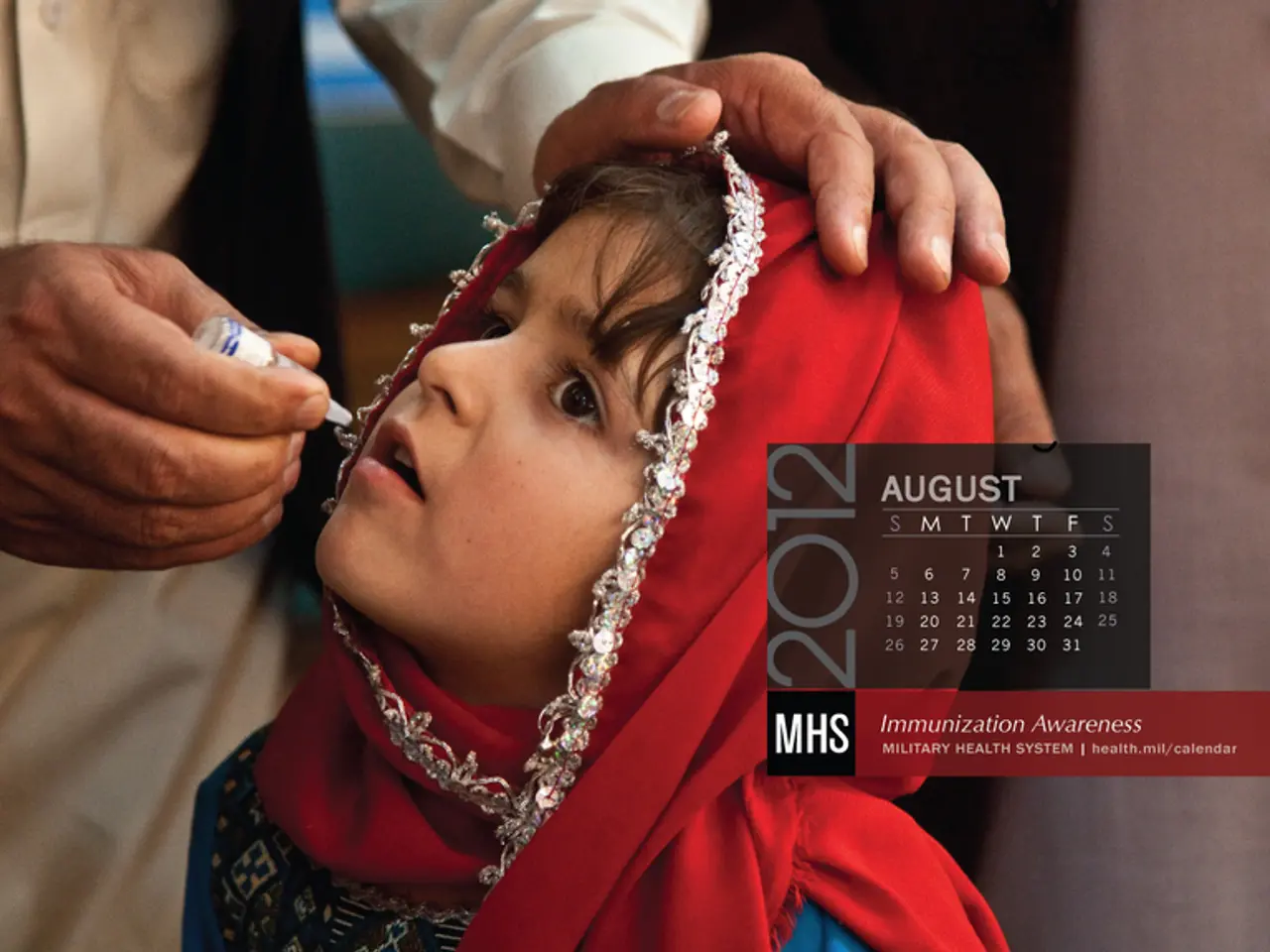Countries in Africa Leveraging Collaborations to Expand Rural Internet Connectivity (Top 7)
In Africa, public-private partnerships (PPPs) are playing a pivotal role in bridging the digital divide by expanding broadband, cloud infrastructure, and digital services. These collaborative efforts are making significant strides in countries like Kenya, Rwanda, South Africa, Ghana, Nigeria, Uganda, and Morocco.
South Africa's SA Connect program, in collaboration with major telecom companies, is bringing broadband to remote communities, with a focus on connecting schools and healthcare facilities. The program leverages initiatives like the SA Connect program, solar Wi-Fi towers, and local entrepreneur-led digital literacy programs to ensure inclusivity.
Ghana's Rural Telephony Project, led by the Ghana Investment Fund for Electronic Communications, uses technologies like TV White Space, solar-powered towers, and satellite internet to expand network coverage in remote areas. This project is a testament to Ghana's commitment to digital inclusion.
Nigeria's public-private partnerships are using innovative solutions like solar-powered base stations and community networks to bring internet access to remote regions. These efforts are improving education, healthcare, and local economies, demonstrating the transformative potential of digital connectivity.
Uganda's efforts in rural internet access include the use of solar-powered systems and wireless technologies for remote areas. However, the country faces ongoing challenges with infrastructure maintenance and reliability.
Kenya's PPP success factors include meeting project deadlines, achieving connectivity goals, securing sustainable funding, and involving local communities. The country's efforts are further bolstered by the Universal Service Fund, digital literacy programs in schools, and the use of technologies like solar-powered base stations, mesh networks, and LEO satellite links.
Rwanda's "Internet for All" initiative, in partnership with private companies like MTN Rwanda and Airtel Rwanda, has led to the installation of new cell towers and the introduction of satellite internet in mountainous regions. The initiative is part of broader pan-African digital initiatives like the Smart Africa Alliance, which aims at policy harmonization and enabling cross-border data flow.
Morocco's government-private partnerships address specific geographical needs in expanding rural internet access. The rural connectivity program is a collaborative effort between government bodies and private companies like Maroc Telecom, demonstrating the power of collaboration in overcoming geographical barriers.
However, these efforts are not without challenges. High infrastructure costs in remote areas and outdated policies are major barriers to rural internet access in Africa. To address these challenges, strategies include combining satellite broadband with existing land-based networks, using creative financing methods, revising regulations, collaborating with local communities, focusing on technology advancements, and emphasizing renewable energy and edge computing.
In conclusion, public-private partnerships in the specified African countries are actively facilitating the expansion of digital infrastructure and services. These efforts, framed within continental strategies like AfCFTA and Smart Africa Alliance, show tangible progress in bridging rural digital divides, albeit with ongoing challenges in capacity, regulation, and energy reliability.
Finance ministers across Africa are exploring creative financing methods to support infrastructure development, recognizing the importance of sustainable funding for digital expansion projects. These strategies aim to reduce the burden on governments and leverage the resources of private companies, catalyzing growth in the education-and-self-development, lifestyle, technology, and general-news sectors.
The expansion of broadband and digital services in remote African communities presents a significant opportunity for tech startups and entrepreneurs in lifestyle, education-and-self-development, and general-news industries. These collaborative efforts between governments, private companies, and local communities create a fertile ground for innovation and revenue generation.




